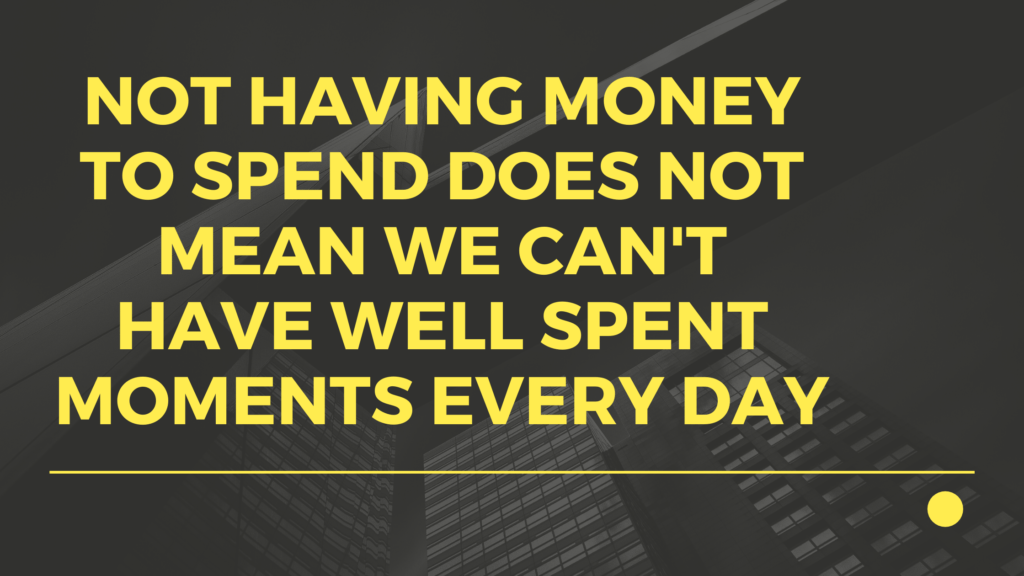Financial wellness is a concern for everyone, irrespective of their financial status. No matter how much you make in a year. If you don’t feel secure about your financial position, you are hampering your financial well being. On top of that, your money matters can affect your life directly and indirectly. Lack of financial well being can result in reduced motivation in your professional sphere as you feel distracted, undervalued, and hopeless. Absence of financial well being can also contribute to severe mental health issues like high- stress levels, depression, and anxiety.

Money- related stress often drastically affects your ability to be productive and hampers your relationships as well. In the worst-case scenario, your physical health will deteriorate as you fail to pay for your gym memberships, medical bills, healthy food, etc. Your social and personal life gets damaged as you struggle to keep up with monthly statements and maintenance expenses.
Difference between financial wellness and financial literacy
In financial education circles, financial wellness is not a new term. There are specific differences between financial literacy and financial wellness, although they are inter-related. Financial wellness pertains to the overall health of your financial life. It means how your finances intersect with your mental, physical, and social well- being. Financial wellness is a state of having a well rounded and healthy financial outlook. Financial literacy is an essential tool of financial skills and concepts that will lead you to financial wellness.
You may also like to read:
8 DIMENSIONS OF WELLNESS- A GUIDE TO HABIT CHANGE
What is financial wellness?
It is the ability to save for long- term goals while also managing short- term finances.
Primary signs of financial wellness include
- Ability to pay monthly rent or mortgage
- Fulfilling basic necessities
- Ability to pay for healthcare
- Feeling secure in current employment.
- Maintaining a good standard of living
- Having control over the financial situation
- Having a retirement plan/savings
- Having enough savings to meet emergency healthcare issues
- Ability to handle a minimum of three months of all expenses in a time of emergency
- Having a low level of financial stress
You may also like to read:
Tips to gain Financial Wellness
- Always stay within your means. Your goal must be to dispense your monthly income in such a way that your expenses are covered, and you also save a little at least. For this, you have to create a strict budget and stick to it.
- Review your expenses from time to time and make changes to have expenditures align with your budget. For example, if you are frequently eating out, then it’s time to start making more at home meals as it will cut off the expenses marginally. Small behavioral changes every day can make a huge difference in your expenditure habits.
- You can automate your savings where a portion of your income automatically transfers or gets deposited into a separate account. Treat it like you are paying yourself every month.
- Always plan for significant purchases or trips. Build your monthly budget accordingly till you make your purchase. These savings must be separate from the regular savings that you have set up for emergencies.
- Make a retirement plan where a small portion of your money is saved automatically. Even a tiny contribution early on can have to potential to grow into a significant source of income in the future.
- Stick to your monthly credit card limit strictly. Pay off the bills every month as late payments and debts lead to poor credit scores and hamper your financial wellness goals.
- Always keep financial records. Items like insurance information, banking, tax records, pay stubs, receipts, and other documentation must be kept securely but easily accessible.
- You can always seek help via planners who specialize in budgeting, credit and debit card counseling and money management.

Financial wellness is the ability to meet your financial goals and needs while managing your financial resources confidently. It means having a plan to become debt-free within a reasonable time free or not having any debt at all, having an emergency fund, and knowing exactly from where the money comes from and goes each month. Financial wellness will give you ample resources to handle your finances so that you don’t get sleepless nights when a financial crisis comes along your way.
You may also like to read:
End thoughts
You must note that financial wellness and income are not dependent on one and other. You don’t have to earn millions per month to attain financial wellness, as even millionaires are still contemplating to ensure financial wellness. Financial wellness is more related to giving yourself or your employees the knowledge and tools needed to manage personal finances better.




5 Pingbacks